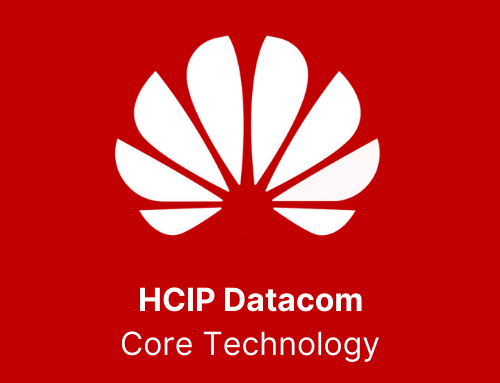
- Enterprise, corporate, or SMB business professionals in non-technical roles.
- Roles include but are not limited to: business analysts, IT managers, project managers, product managers.
- For senior VPs and above, Data Driven Transformation with Google Cloud is more suitable.
- Gain a thorough understanding of how ML can be used to improve business processes and create new value.
- Explore common machine learning use cases implemented by businesses.
- Identify the requirements to carry out an ML project from assessing feasibility, to data preparation, to model training, to evaluation, to deployment.
- Define data characteristics and biases that affect quality of ML models.
- Recognize key considerations for managing ML projects including data strategy, governance, and project teams.
- Pitch a custom ML use case that can meaningfully impact your business.
- No prior technical knowledge is required.
- Saavy about your own business and objectives.
- Recommended: completing the Business Transformation with Google Cloud course.
2 days – 16 hours
The course includes presentations, demonstrations, and immersive activities.
Module 1: Introduction
- Overview: what is machine learning?
- Key terms: Artificial intelligence, machine learning, and deep learning.
- Real-world examples of machine learning.
- Overview: five phases in a machine learning project.
- Phase 1: Assess the ML use case for specificity and difficulty.
- Brainstorm a minimum of three custom ML use cases.
Module 2: What is Machine Learning?
- Common ML problem types.
- Standard algorithms.
- Data characteristics.
- Predictive insights and decisions.
- More real-life ML use cases.
- Why ML now.
Module 3: Employing ML
- Features and labels.
- Building labeled data sets.
- Training an ML model.
- Evaluating an ML model.
- General best practices.
- Human bias and ML fairness.
- Part 1: custom ML use case proposal.
Module 4: Discovering ML Use Cases
- Replacing rules with machine learning.
- Automating business processes with machine learning.
- Understanding unstructured data with machine learning.
- Personalizing applications with machine learning.
- Creative use cases with machine learning.
Module 5: How to Be Successful at ML
- Key considerations.
- Formulating a data strategy.
- Developing governance around uses of machine learning.
- Building successful machine learning teams.
- Creating a culture of innovation.
Module 6: Summary
- Summary, presentations, feedback form.
maio
Nenhum treinamento
junho
Nenhum treinamento
julho
Nenhum treinamento
agosto
Nenhum treinamento
setembro
Nenhum treinamento
outubro
Nenhum treinamento





